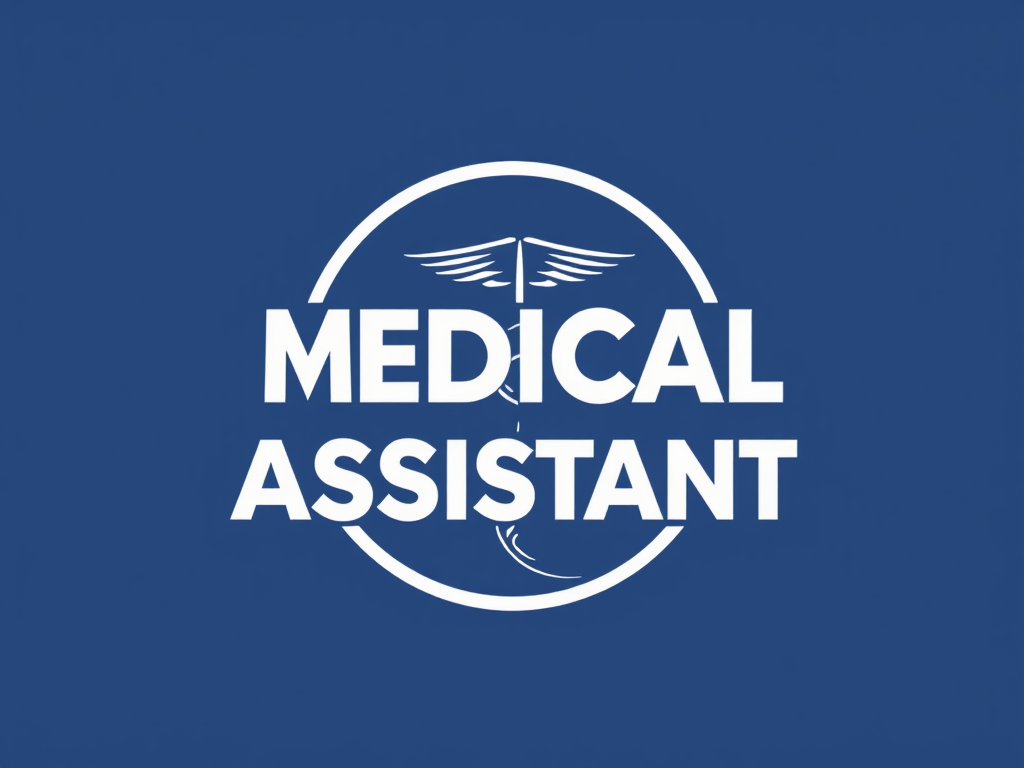Importance of Fish in Pregnancy Nutrition
Fish is a powerhouse of essential nutrients that significantly contributes to both maternal and fetal health. One of the most crucial elements found in fish is omega-3 fatty acids, which are pivotal for brain and eye development in the fetus. Alongside omega-3s, fish are packed with vital vitamins like Vitamin D, which supports bone health, and Vitamin B12, essential for red blood cell formation.
The consumption of fish during pregnancy provides numerous benefits. It is linked to a decreased risk of preterm birth and may support the mother’s cardiovascular health. Consuming fish is also associated with improved cognitive development in children, fostering better brain growth.
Have you seen this : Explore How Water Aerobics Eases Pregnancy Discomfort for Expectant Mothers in the UK
Evidence backing fish intake during pregnancy comes from various studies suggesting enhanced neural and cognitive outcomes in infants whose mothers included fish in their diet. It’s important, however, to choose fish wisely due to concerns over mercury. Low-mercury fish should be prioritized to ensure the benefits outweigh the risks for both the mother and the developing fetus. The inclusion of fish as part of a balanced pregnancy diet is thus supported by the nutritional advantages it offers, paving the way for healthier outcomes.
UK Guidelines on Fish Intake for Pregnant Women
Navigating fish consumption during pregnancy requires understanding the UK fish guidelines, which ensure both safety and nutritional benefits. Pregnant women are advised to consume two portions of fish per week, ideally including one of oily fish like salmon or mackerel. These guidelines aim to optimize pregnancy health by incorporating essential nutrients while minimizing mercury exposure.
Additional reading : Healthy Pregnancy Workouts: A UK Guide for Expecting Moms Exercising in Optimal Air Quality
Health authorities in the UK recommend diversifying fish choices and emphasize monitoring fish** servings**. They strongly advise avoiding fish high in mercury, such as shark and swordfish. These species can affect fetal development, highlighting the need for cautious selection.
Regular adherence to these guidelines is crucial for safeguarding maternal and fetal health. Women should be aware of the types of fish recommended and follow the prescribed portions to benefit from fish’s nutritional offerings safely. Simple precautions like checking mercury levels in fish and opting for lower-mercury varieties can significantly impact pregnancy nutrition positively.
For more detailed recommendations, the National Health Service (NHS) provides specific resources on safe fish consumption during pregnancy, ensuring that mothers can enjoy the benefits without compromising safety.
Types of Fish to Avoid Due to Mercury Levels
Navigating fish safety is crucial for expectant mothers wishing to harness the benefits of fish while avoiding potential risks. Certain fish species are known for high mercury levels which pose concerns for fetal development. Understanding these can guide pregnant women in making informed dietary choices.
Fish with High Mercury Levels
Identifying fish with elevated mercury is vital. Notably, shark, swordfish, and king mackerel feature prominently on the list of fish to avoid. These species accumulate mercury over time, rendering them less safe for pregnancy nutrition.
Risks of Mercury in Fish
Mercury exposure impacts the developing nervous system of a fetus. High levels can impede cognitive development, presenting risks as grave as potential lifelong neurological impairments. Thus, monitoring fish intake serves as a precautionary measure.
Health Impact on Pregnancy
Regulatory standards in the UK ensure the safety of seafood consumption by establishing safe limit guidelines for mercury levels. Pregnant women are advised to stay informed and adhere to these limits to protect maternal and fetal health effectively. By focusing on safer alternatives, mothers can continue to enjoy the essential nutrients found in fish without compromising their well-being.
Safe Alternatives to High-Mercury Fish
While avoiding high-mercury fish is crucial, safe fish options abound for pregnant women seeking essential nutrients. Low-mercury fish such as salmon, Trout, haddock, anchovies, and mackerel are excellent choices. These species provide vital nutrients, especially omega-3 fatty acids, without the mercury exposure risks associated with other fish types. Opting for such fish supports pregnancy health and fetal development effectively.
Choosing sustainable and locally sourced fish further enhances health benefits. These options are not only environmentally friendly but also ensure freshness and quality. Sustainable choices help maintain fish populations and reduce harmful environmental impacts, offering a win-win for both consumers and ecosystems.
When preparing fish, it is essential to adopt safe cooking methods. Always cook fish thoroughly to prevent foodborne illnesses, without compromising nutritional integrity. Techniques like grilling, baking, or steaming are recommended over frying. These methods preserve the fish’s nutrient profile while minimising unhealthy fats. Incorporating these safe and sustainable practices into a pregnancy diet allows mothers to harness the nutritional benefits of fish, while actively mitigating health risks.
Addressing Mercury Concerns in Fish Consumption
Navigating mercury safety is integral for pregnant women’s fish consumption risks. Understanding how mercury levels in fish are assessed is crucial. In the UK, mercury testing in fish species is regularly conducted to ensure consumer safety. This testing allows pregnant women to make informed decisions based on accurate data about which fish are safe to consume.
Understanding Mercury Levels in Fish
Mercury levels in fish vary significantly among species. Regular testing helps to identify and classify fish into categories of low or high mercury content. Pregnancy precautions benefit from knowing these levels, ensuring choices prioritize health.
Testing and Regulatory Measures
The UK enforces strict regulations to maintain a safe fish supply. By adhering to these standards, fish on the market meet safety requirements for pregnant women. Regulatory measures focus on creating a trustworthy environment for fish consumption, reducing stress over mercury exposure.
Recommendations for Safe Consumption
Pregnant women are advised to include low-mercury fish like salmon and mackerel in their diets. Practical recommendations involve checking local advisories, balancing intake with other protein sources, and following guidelines curated for pregnancy safety. This approach fosters a confident and stress-free dietary experience.
Nutritional Benefits of Fish Consumption During Pregnancy
Fish is renowned for its nutritional value, especially during pregnancy. It provides a rich source of omega-3 fatty acids, crucial for the cognitive development of infants. Omega-3s, particularly DHA and EPA, play a vital role in brain and neural development, laying the foundation for enhanced cognitive functions in later life. Beyond omega-3s, fish supplies essential nutrients like protein and vitamins D and B12, which contribute to overall pregnancy nutrition.
The benefits of fish for pregnant women extend to improved cardiovascular health and reduced risk of postpartum depression. Adequate fish intake helps in maintaining a balanced diet, ensuring the body’s nutritional needs are met, benefiting both mother and baby.
It’s important to balance fish consumption with other dietary choices. Fish like salmon and mackerel, known for their low-mercury levels, offer essential nutrients without significant risks. Integrating a variety of food sources into the diet—fruits, vegetables, whole grains—complements the benefits of fish, providing a well-rounded nutritional profile. By thoughtfully choosing fish types and pairing them with diverse foods, expectant mothers can effectively support fetal development and their own health.



